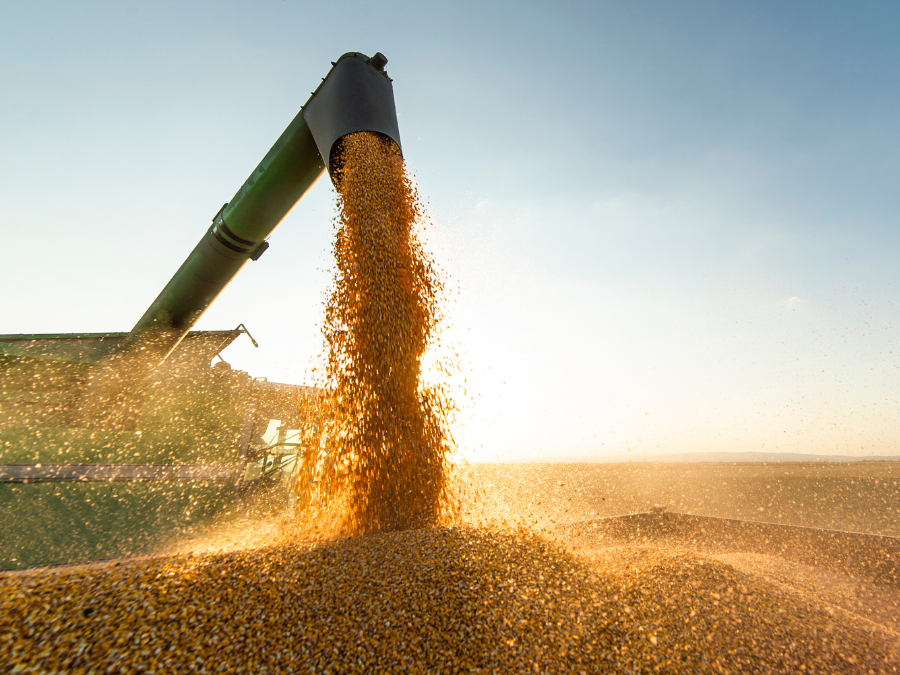
Global food commodity prices rose in July in the wake of the end of the Black Sea grain deal and India’s ban on exports of non-basmati rice.
The FAO Food Index report, which is compiled by the Food and Agriculture Organization of the United Nations, climbed 1.3% in July compared to the previous month. The level was however down 11.8% on July 2022.
Covering five commodity prices – cereals, vegetable oils, meat, dairy and sugar – the index has jumped up from June’s figure, which was led by a two-year low in cereal prices.
The index of 123.9 in July still marked a substantial drop from the all-time high of 159.7 in March 2022 off the back of the war in Ukraine.
The Black Sea Grain Initiative, an agreement first struck with Russia in July last year for a 120-day term, allowed for the passage of grains out of three Ukrainian ports. However, having been extended several times, the deal was terminated on 17 July.
Two days later, Russia warned that it would view all ships heading across the Black Sea to Ukraine as possibly carrying military equipment, following Ukraine President Volodymyr Zelensky saying Russia’s decision to terminate the Black Sea grain deal does not mean the export operation is dead in the water.
The FAO reported July’s increase was driven by a sharp jump in the vegetable oil price index, which rose 12.1% from June after seven months of consecutive declines. International sunflower oil prices rebounded by more than 15% in the month, due mostly to renewed uncertainties surrounding the exportable supplies after the end of the Black Sea Grain deal.
Meanwhile, the rice price index, part of the cereal index, from the UN organisation’s report increased by 2.8% on the month and 19.7% on the year to reach its highest nominal level since September 2011.
The spike comes after India banned exports of non-basmati white rice on 20 July in an effort to control rising prices and boost availability before the upcoming El Niño weather event. Non-basmati white rice reportedly constitutes about 25% of India’s total rice exports.
The FAO said that the upward pressure on rice prices from this prohibition “raises substantial food security concerns for a large swathe of the world population, especially those that are most poor and who dedicate a larger share of their incomes to purchase food”.
The price of cereal dropped 0.5% from June due to a 4.8% decline in international coarse grain quotations due to higher seasonal supplies of maize from ongoing harvests in Argentina and Brazil.
However, international wheat prices rose by 1.6%, their first monthly increase in nine months, due to uncertainty over exports from Ukraine as well as continued dry conditions in North America.
The FAO meat price index fell 0.3% on the month prior while the dairy price index fell by 0.4% and is now 20.6% lower than in 2022.
Sugar prices dropped 3.9% after improved weather in India and “good progress” in Brazil’s sugarcane harvest. Persistent concerns over the potential impact of the El Niño phenomenon on sugarcane crops mitigated the decline.
The climate crisis is already making its impact felt on the supply of certain crops and the food industry will be watching the latest El Niño closely, as its impact is likely to be felt into 2024.
